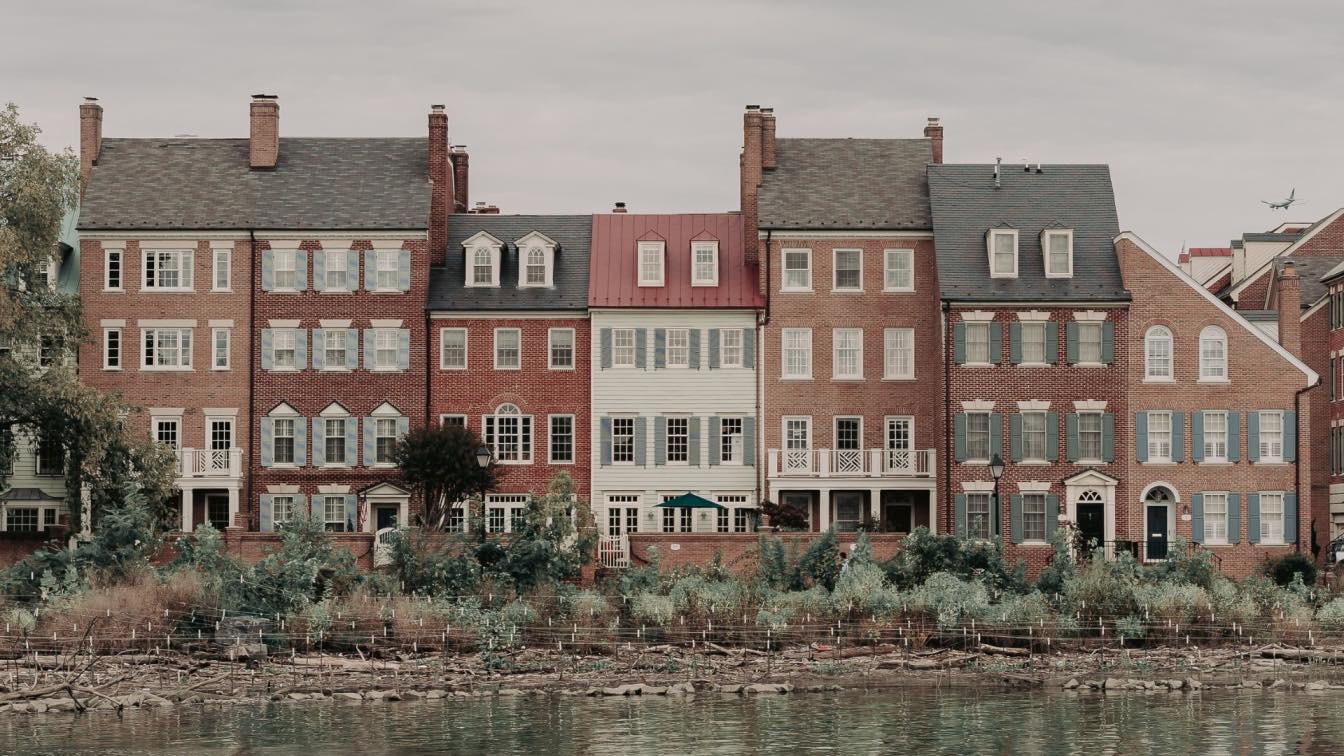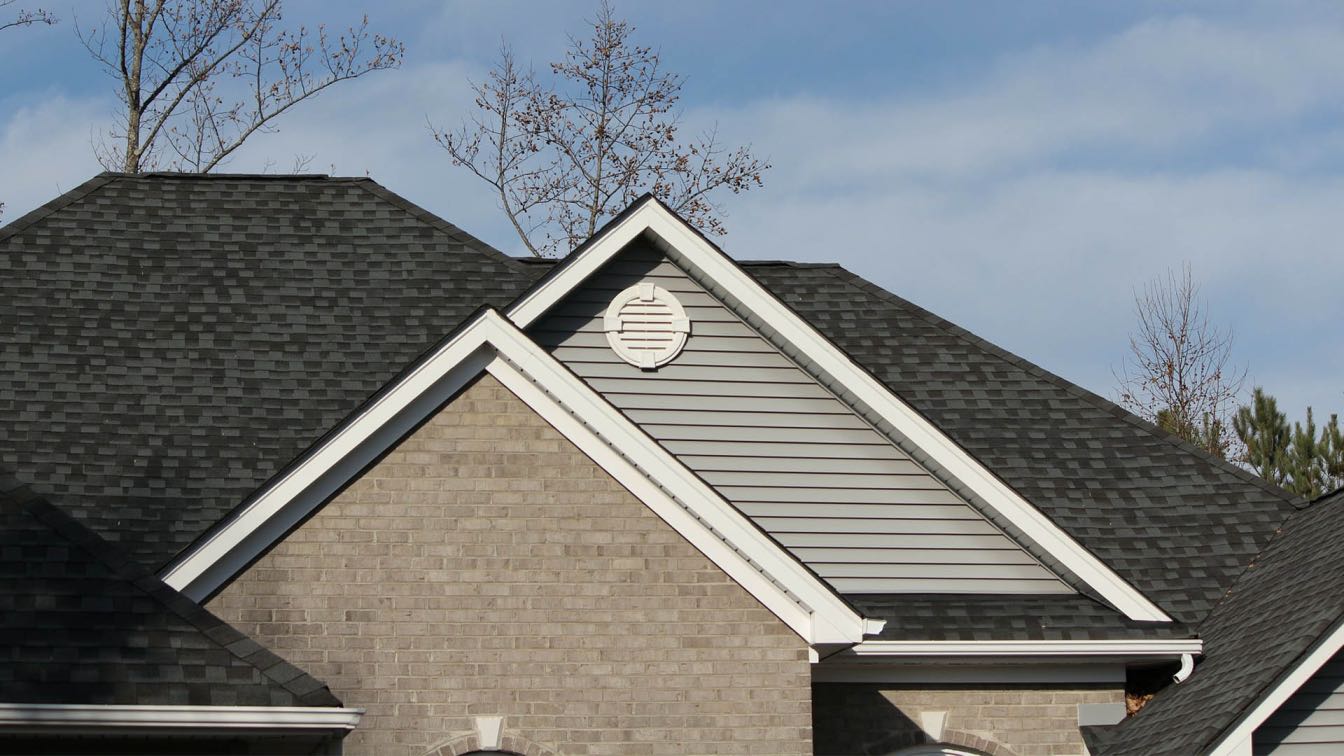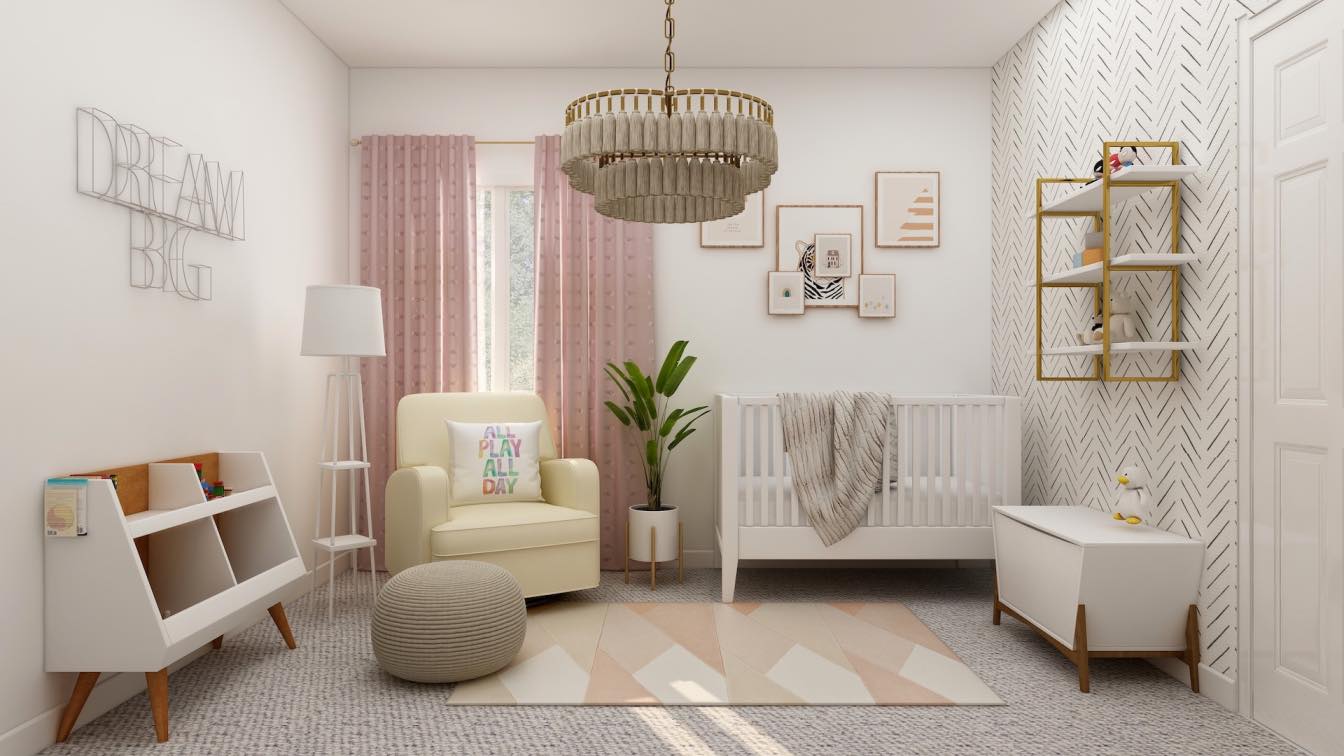Townhouses can be an excellent alternative to traditional single-family properties. They're often located near busy cities, giving residents ownership opportunities and access to space while still being near public transportation. Choosing the right townhouse for you requires consideration of your budget, associated fees, and must-haves in a new home. Check out a few important things to consider when buying a townhouse.
Why Consider a Townhouse?
A townhouse is a single-family, vertical, multi-floor residence that shares walls with the attached units. Unlike traditional single-family homes, townhouses share at least one wall with an adjacent building. Townhouses also differ from apartments in that they have at least two stories. Also, unlike apartments, the resident typically purchases a townhouse rather than renting. A townhouse is even different from a condo because you own the land below when you buy a townhouse.
Buying a townhouse offers many advantages, including:
Spacious: Because townhouses are typically designed to be multilevel, they offer more space than other housing alternatives, like apartments.
Affordable: Townhouses are a great single-family living option that's usually more affordable than traditional houses.
Shared amenities: Townhouses are usually located in a community with shared amenities, which may include a clubhouse, pool, fitness center, or walking paths.
Location: Larger cities use townhomes since they're more space efficient, making them a great option if you want to live in a metropolitan area.
4 Things To Consider When Buying a Townhouse
It's essential to consider your housing needs and budget when shopping for a townhouse. Here are a few important things to consider:
1. Determine Your Budget
Deciding on a budget before buying a townhouse can help you better evaluate your needs. Think about size, the number of bedrooms and bathrooms, and amenities. Make a list of priorities, including those that are a must-have. Consider amenities like kitchen size, closet availability, laundry room, and balcony or patio availability.
Don't forget to factor in extra costs, like utilities or insurance that may affect your monthly budget. Many townhouses are also in homeowners associations (HOAs), which have a monthly fee. HOAs use monthly payments to cover property maintenance, insurance, and routine care of common areas. You'll also want to review the HOA agreement of any townhome you consider buying. HOAs aim to protect home values and oversee common areas, meaning they may have rules restricting exterior colors or structures.
2. Consider the Location
Location is a crucial factor when choosing the right townhouse for you. Choose a townhouse near your work if a short commute is essential. The great thing about townhouses is that they're typically located near major cities surrounded by retail, grocery stores, and restaurants. Before choosing a townhouse, drive around the local area and imagine yourself living there.
If you plan on using public transportation to get around, consider a townhouse within short walking distance of transit stops. If you have kids, you'll want to check how close the townhouse is to nearby schools and bus stops. Choosing a townhouse with an on-site or nearby children's playground may also be essential.
3. Research Financing Options
Financing a townhouse is similar to taking out a mortgage for a single-family residence. You can purchase a townhouse using the same financing options, including Federal Housing Administration (FHA), conventional, or veterans loans. Your financing terms depend on your credit score, current interest rates, and down payment. You also have a right to shop around to find the best financing rates.
Getting pre-approved before shopping for townhouses can help you better understand your budget. A preapproval is a document stating that you will likely be approved for a mortgage up to the listed amount. This document can also help with buying and shows the seller that you're a serious buyer.
4. Evaluate the Property Condition
Once you sign the paperwork, the townhouse is yours. This means you'll be responsible for repairs and maintenance. Evaluating the property condition before agreeing to buy can help you predict maintenance costs and decide if the purchase price is worth it. Consider things like the age of appliances and if updates are necessary within the next few years. Hiring an inspector can give you a more thorough understanding of the property's condition. You can also use this information to negotiate or request that the seller make any necessary repairs before closing.
Townhouses are ideal for busy homeowners who value space and privacy but still want to be near busy metropolitan areas. You can choose the best townhouse by considering your budget, ideal location, funding options, and maintenance and repair needs. Visiting potential townhomes in person can also give you an idea of how well their location and layout will fit your unique needs.





